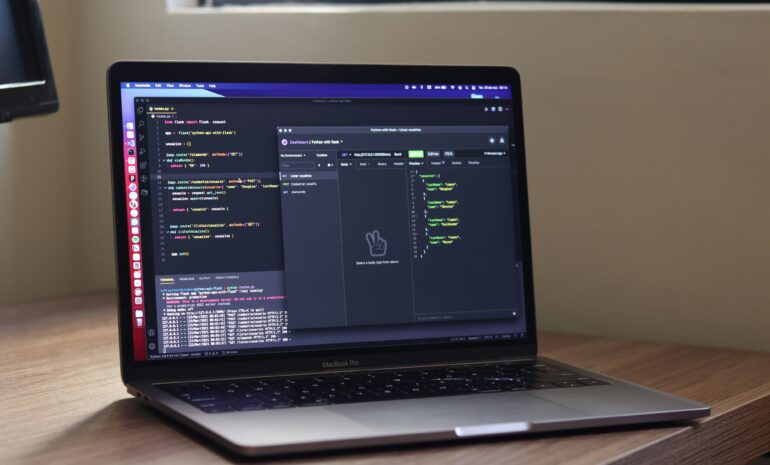Local SEO is complex enough when serving one region and one language. For multi-location brands operating across diverse communities, the challenge compounds: customers search in different languages, dialects, and cultural contexts.
Large Language Models (LLMs) like ChatGPT, Gemini, and Claude, multi-language search is evolving beyond simple translation. LLMs interpret intent, cultural nuance, and location-specific queries to decide which businesses surface. For SaaS SEO providers, mastering how LLMs handle multi-language queries is critical for ensuring visibility in diverse markets.
Why Multi-Language Matters in Local SEO
- Demographic reality: In the U.S. alone, 22% of households speak a language other than English. Globally, local search is inherently multilingual.
- Contextual nuance: “Pharmacy” in English may translate to “farmacia” in Spanish, but in certain regions it implies a broader or narrower service.
- Voice search growth: Many users interact with AI assistants in their native language, raising the stakes for local visibility.
Without fine-tuning data for multi-language queries, multi-location brands risk invisibility among key customer segments.
How LLMs Handle Multi-Language Queries
LLMs are semantic interpreters and not translators. Here’s how they process local queries:
1. Language Detection & Context
LLMs detect the query language and context. For example:
- Spanish: “farmacia abierta ahora cerca de mí” (pharmacy open now near me).
- Mandarin: “附近的咖啡店” (coffee shop nearby).
They translate and parse intent, urgency (“open now”), and geospatial relevance (“near me”).
2. Entity Matching Across Languages
LLMs connect multilingual queries to the same business entity. A “supermercado” in Spanish maps to the same entity as “grocery store” in English.
3. Regional Variants
Words differ across dialects: “truck” in U.S. English vs. “lorry” in U.K. English. Similarly, “cell phone” vs. “mobile.” LLMs must be fine-tuned to account for these differences in local discovery.
4. Review Semantics
LLMs parse customer reviews across multiple languages. A review in French saying “service rapide” (fast service) contributes to visibility for queries about “quick service.”
Challenges for Multi-Language SEO in the Age of LLMs
- Incomplete translations: Many business listings lack localized versions of descriptions and attributes.
- Inconsistent naming: A brand may appear as “Café Azul” in Spanish and “Blue Café” in English, confusing AI models.
- Limited schema markup: Few websites provide multilingual schema, reducing AI readability.
- Bias in training data: LLMs may prioritize dominant languages unless fine-tuned for multilingual inclusivity.
How SaaS SEO Providers Can Optimize for Multi-Language Queries
1. Provide Multilingual Listings
Ensure business information (name, description, attributes) is available in all relevant languages. This includes both structured fields and user-facing text.
2. Implement Multilingual Schema
Use schema.org language markup to indicate available languages for services, menus, and descriptions.
3. Standardize Naming Across Languages
Maintain consistent identifiers (brand IDs, unique store codes) so AI models recognize “Blue Café” and “Café Azul” as the same entity.
4. Enrich Reviews Across Languages
Encourage reviews in customers’ native languages. The richer the multilingual review set, the more signals AI has to connect queries with the business.
5. Fine-Tune with Local Data
Feed AI ecosystems with localized terms, dialects, and synonyms. Example: include “bodega” as well as “grocery” for New York markets.
The Role of Ezoma
Ezoma helps SaaS SEO providers future-proof multi-location brands for multilingual discovery by:
- Syndicating listings across 100+ directories with multi-language support.
- Standardizing attributes so LLMs interpret data consistently across languages.
- Ensuring schema and structured data reflect multilingual context.
- Helping businesses surface in AI-driven engines like Gemini and Perplexity in any supported language.
With Ezoma, providers can ensure their clients are discoverable in English and every other language their customers search.
The future of local SEO isn’t monolingual. In the age of AI and LLMs, customers expect accurate, contextual results in their own language and dialect.
For SaaS SEO providers, success means ensuring multi-location brands are:
- Structured with multilingual data.
- Syndicated across platforms that feed AI engines.
- Fine-tuned for dialects, synonyms, and cultural context.
Brands that embrace multilingual optimization will gain visibility, trust, and loyalty in diverse communities. Those who don’t risk being invisible in the very neighborhoods they serve.


